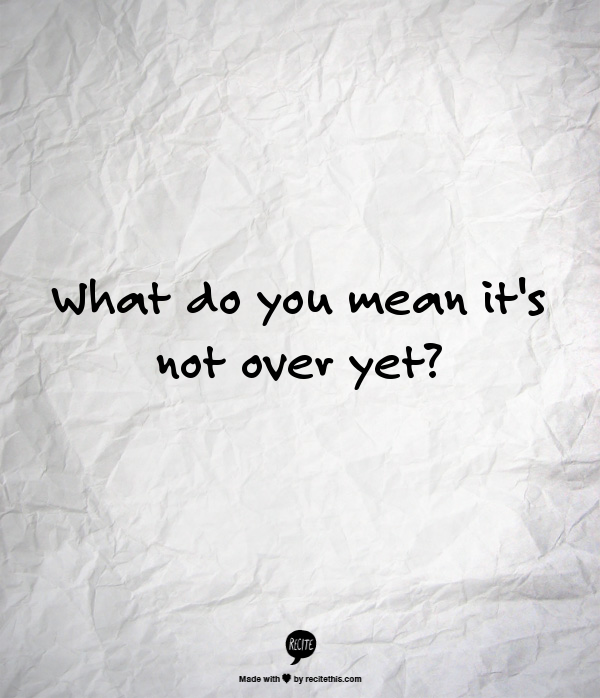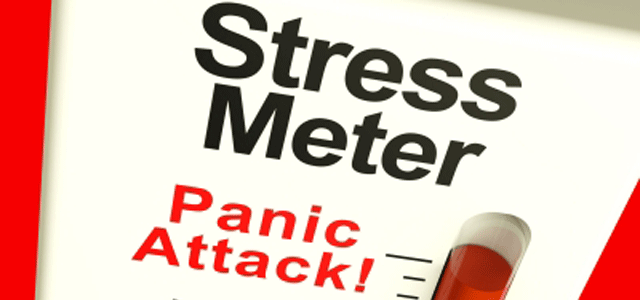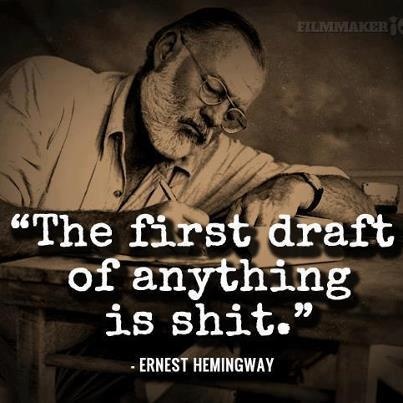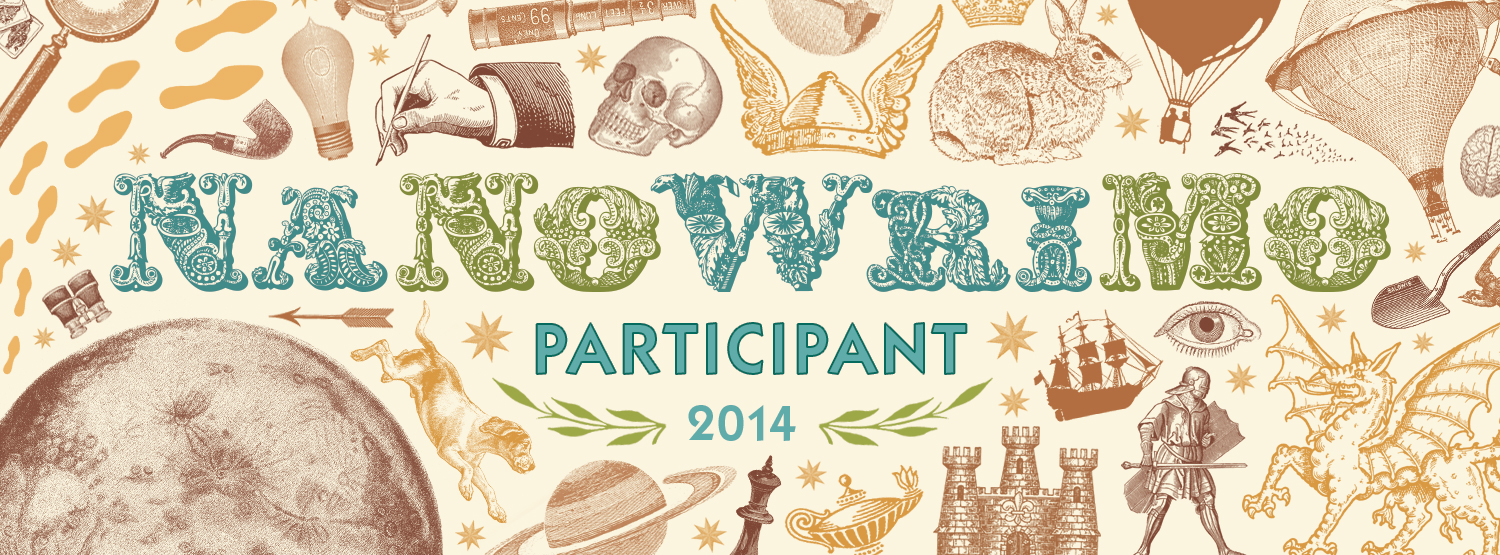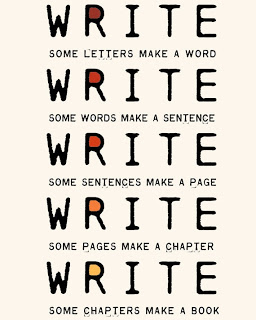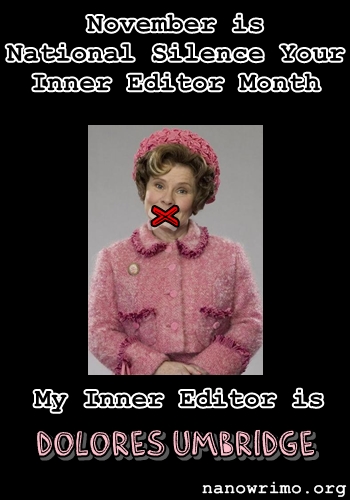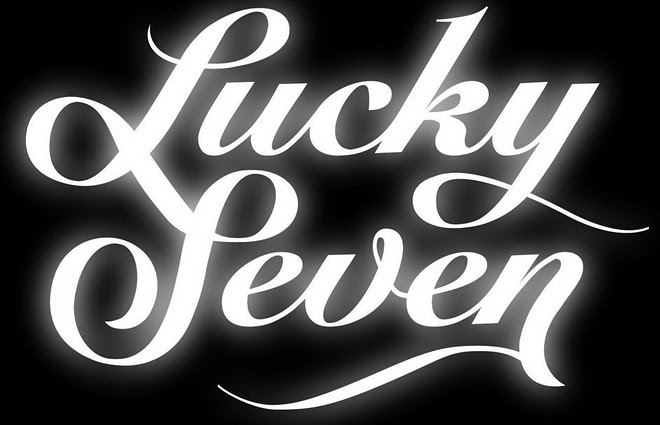There are only 7 days left until the end of NaNoWrimo, and some of you can almost see the finish line. I know I can. Sitting at 43k after Sunday’s writing session, that finish line finally seems within reach.
This will be my last NaNo-related post for 2014, so I wanted to talk about what to do AFTER you have done your victory dance, gotten your cool NaNoWriMo winner certificate, and took advantage of winner discounts with various sponsors (Scrivener is definitely worth buying by the way, especially at 50% discount).
So this post will be about the Do’s and Don’ts of life after November 30.
DON’T stop writing. Unless you are writing for the young adult or middle grade market, your novel is probably not finished at 50k words. The standard length for a novel is anywhere between 80 and 120k. Or maybe you’re the next George R. R. Martin and your novel will be more in the vicinity of 300k. The point is – don’t stop now. Keep on putting your story on paper until you reach THE END.
DON’T self-publish or send your draft to agents on December 1st. You have finished your story. It’s a big accomplishment. But trust me when I tell you that your story is far from being publishable. This is your first draft. It’s only half-baked. It needs to rest in a dark corner before being put through the fires of editing and revision.
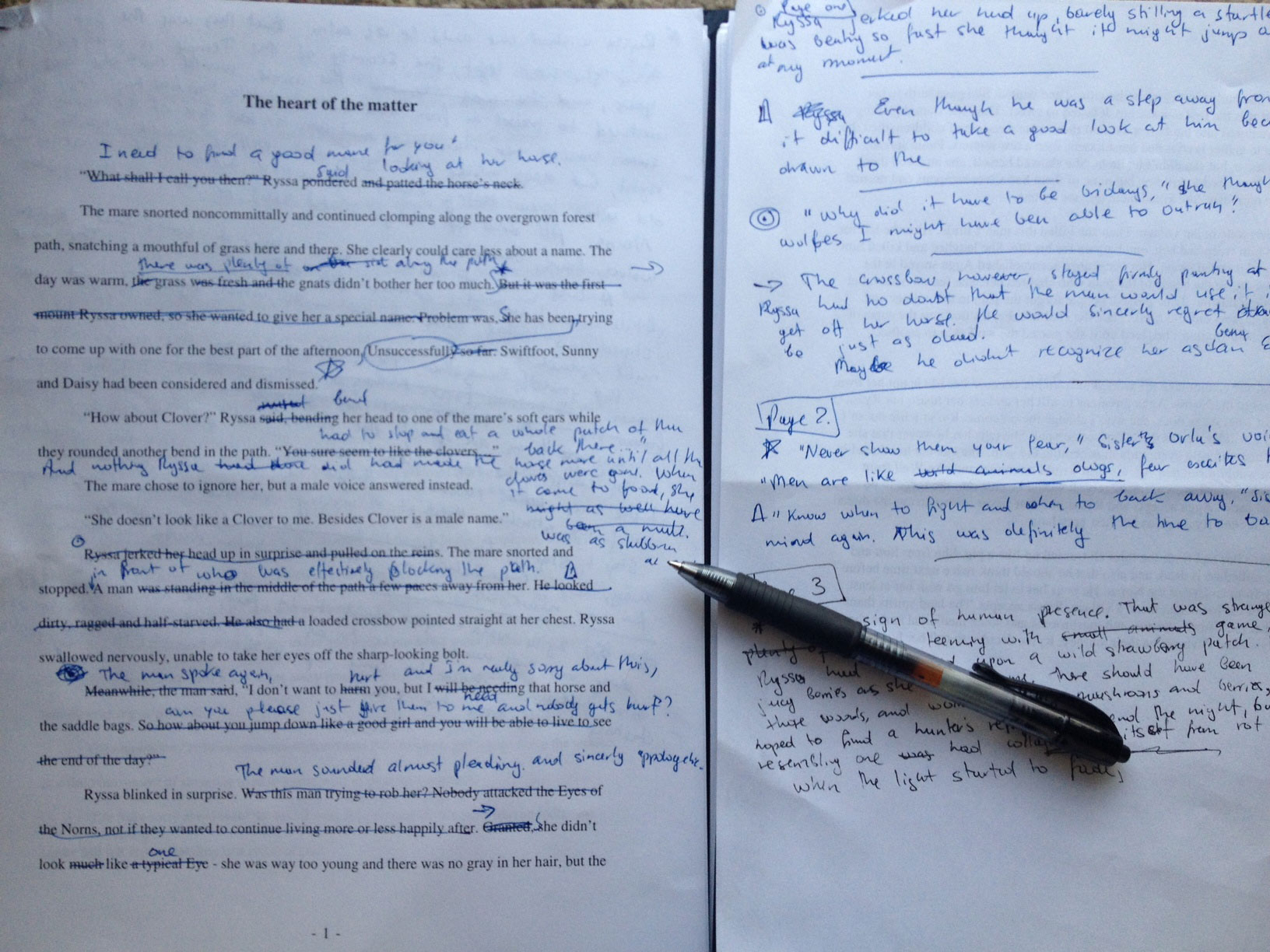
DON’T start editing your draft on December 1. You are too close to your draft right now, too involved. You are still living in the story. Put it aside. Let it rest. Forget about it for a month or two. Come back to it with fresh eyes. Read it as if you weren’t the one who put those words on the page in the first place.
DO take time to celebrate. Congratulations! You wrote 50k words in 30 days – that’s a huge accomplishment! So go and celebrate. Pop that champagne bottle, open that box of chocolates you’ve been saving, go party with your friends. You have earned it.
DO keep writing. You don’t have to continue careening at the mad speed of 1667 words a day anymore, but don’t stop writing just because NaNo is over. Finish your story. Put it aside. Then start a new one. And another one. And the one after that.
DO take the time to edit your novel. The road from the first draft to the published novel is long and difficult. There will be many revisions and rewritings before the monster you created is ready to be unleashed on the unsuspecting public. Take your time. It will take as long as it needs to. Better make sure that you made your novel as good as it will get than hurry up and published a half-baked product and deal with negative reviews.
These are some of the advice I took from the people on NaNo forums after NaNoWriMo 2013, and they served me right. So I thought I would pass them on to my readers. But the most important advice have is:
NEVER STOP DREAMING.
If you want to pursue this crazy career, then go for it. Write, write, write, and write some more. Love the process, with both its easy and its painful days.
And be proud of yourself- you survived NaNoWriMo!



